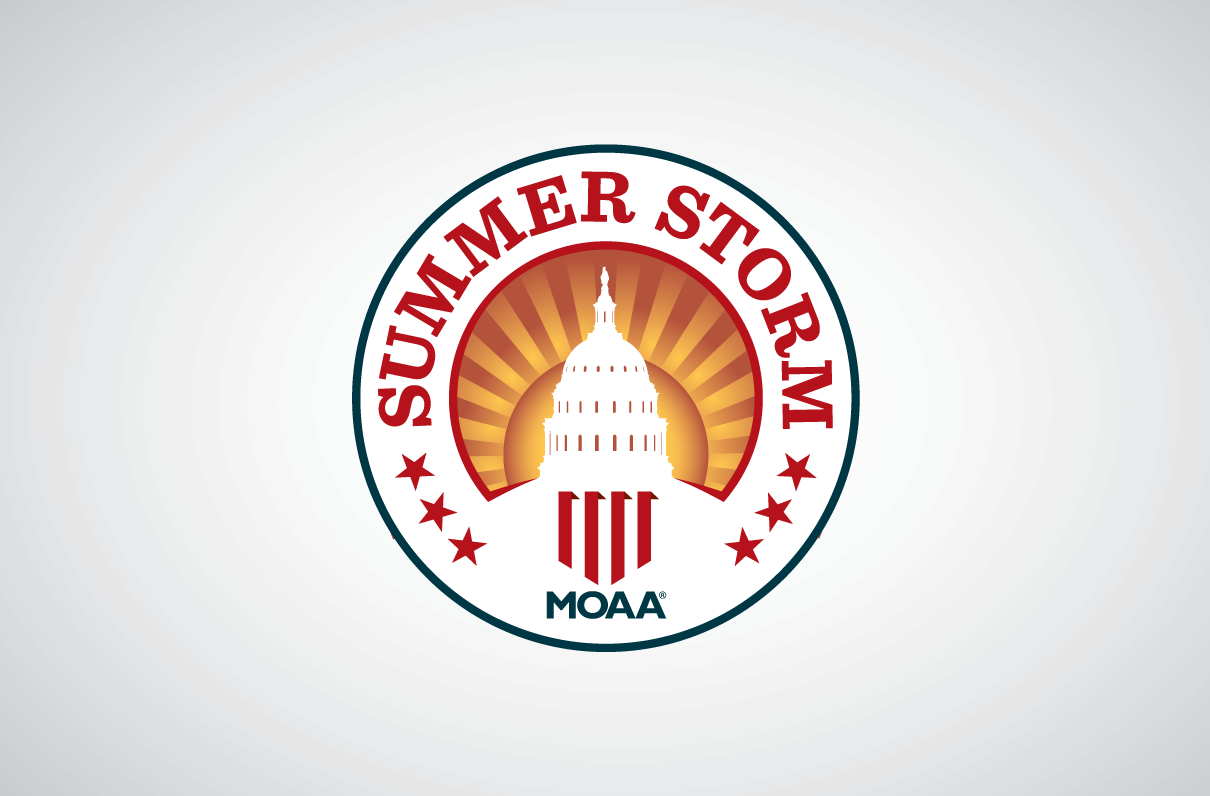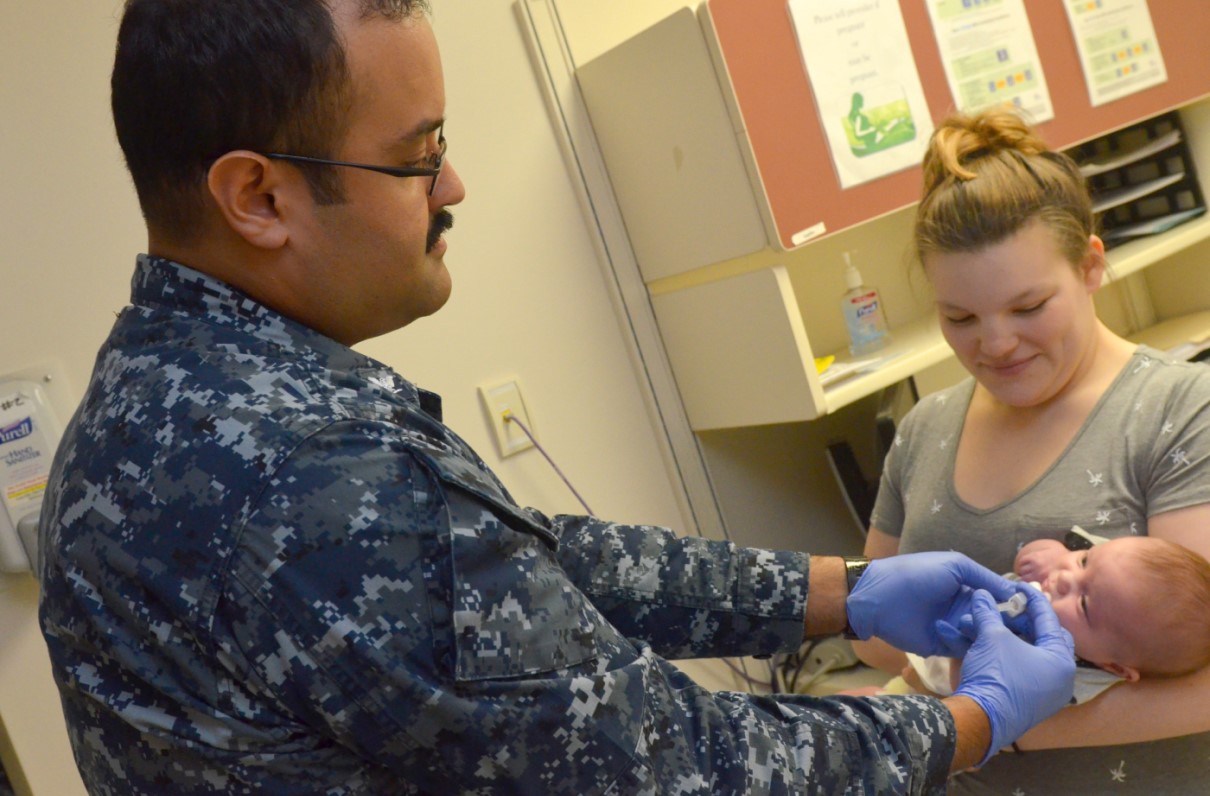This article by Amy Bushatz originally appeared on Military.com, the premier resource for the military and veteran community.
Military retirees who paid annual Tricare Prime enrollment fees in 2018 or 2019 could soon see a refund check in the mail, thanks to a new change to how the system calculates their annual out-of-pocket maximum payment.
The annual maximum out-of-pocket payment, or "catastrophic cap," for any retiree family with a service member who joined the military before Jan. 1, 2018, is set at $3,000. For those who joined after Jan. 1, 2018, the annual retiree cap is about $3,600. Those users pay about $600 per year for plan enrollment, while future retirees will pay close to $1,000.
After a set of sweeping Tricare reforms went into effect in 2018, the annual fee paid by retirees to use Tricare Prime no longer counted toward the yearly out-of-pocket max. That meant some families were faced with an increase of about $600 in their yearly Tricare spending.
[RELATED: Check Out the Results of MOAA's Latest TRICARE Satisfaction Survey]
Now, a new Tricare change, retroactive to 2018, will allow annual enrollment payment to count toward the cap once again, reducing the amount of money retirees might pay out of pocket each year, according to a Tricare policy manual update released Thursday.
That means retirees who paid an enrollment fee for Tricare Prime this year or in 2018, and then exceeded their $3,000 catastrophic cap, could get a refund.
"For the 2018 and 2019 enrollment fees credited to the catastrophic cap, the contractor shall notify the beneficiaries by letter of the credit, how the credit was applied, and how a refund can be requested," the Tricare manual update states.
Next year, when retirees who pay their enrollment fees on a monthly basis as a pension allotment hit their out-of-pocket cap, their payments will be automatically halted, the update states.
The change will also apply to future retirees who joined active duty after Jan. 1, 2018. By law, they will pay an enrollment fee of almost $1,000 for Tricare Select. Current retirees do not pay an enrollment fee for that plan.
The change does not impact active-duty users or Tricare for Life users, because they do not pay enrollment fees. It also does not impact monthly premiums paid by users of Tricare Reserve Select, Tricare Retired Reserve or Tricare Young Adult.
Other articles by Military.com:
USS Arizona Memorial Reopens After Repairs
Aspiring West Point Cadet Dies in Cliff-Diving Accident
Navy Housing Survey Shows Poor Rank for Virginia's Hampton Roads



